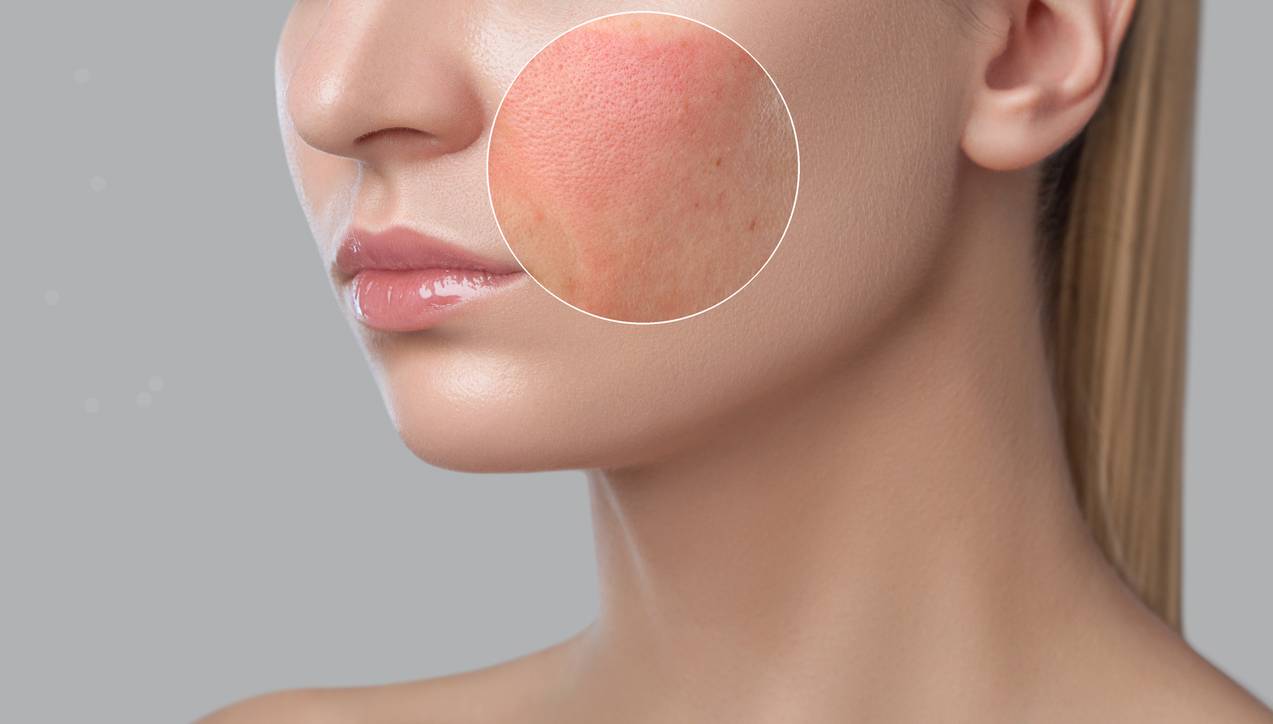People can experience allergies and intolerances after consuming or being exposed to certain substances. Both can be uncomfortable and cause distress, but they are different in terms of their severity and underlying mechanisms. Allergies occur when your immune system reacts excessively to harmless substances, like pollen, pet hair, or certain foods. When the immune system perceives a meaning to be a threat, histamine is released along with other chemicals. This causes inflammation, itchiness, sneezing, and other symptoms. Allergies can cause:
-
Runny or stuffy nasal discharge
-
Sneezing
-
Itchy, watery eye
-
Hives or rashes
-
Lips, tongue, or throat swelling
-
Difficulty in breathing
-
Anaphylaxis is a life-threatening, severe reaction.
However, intolerances are non-immune responses since the body fails to digest something like gluten, lactose or food additives in the gut. Although classified as allergies, intolerances cannot be treated with the immune system and, therefore, do not involve anaphylaxis. Symptoms of intolerances are:
-
Nausea
-
Diarrhea
-
Pain or cramps in the abdomen
-
Bloating
-
Headaches
-
Fatigue
Common triggers for allergies and intolerances are:
-
Environmental pollutants such as pollens, dust mites and etc
-
For example, peanuts and tree nuts, milk, soya, wheat, shellfish, fish, and eggs.
-
Bites or stings by insects
-
Aspirin, antibiotics and nonsteroidal anti-inflammatory drugs among them.
Treatment Options for Allergies and Intolerances
The way allergies and intolerances are treated depends on the severity of the symptoms. Let’s take a look at the most common treatments.
Antihistamines
First-line agents for mild to moderate allergies are antihistamines. They oppose histamine, a substance produced by your immune system whenever it detects an allergen. Histamine results in effects such as itching, sneezing and a running nose.
-
First-generation antihistamines: These are things like Benadryl which is diphenhydramine, for instance. They might make you sleepy and they are more probable to produce some side effects but might be more effective in some problems such as bad itch.
-
Second-generation antihistamines: Cetirizine (Zyrtec) and loratadine (Claritin) are two commonly used second-generation antihistamines. These do not cause drowsiness effects and are more appropriate for the long term usage.
Epinephrine
(Adrenaline) used for the treatment of anaphylaxis and other life threatening reactions. Anaphylaxis or an allergic reaction can lead to swelling, hives and respiratory problems.
Epinephrine reduces blood flow and dilates air passages in order to reverse anaphylaxis signs and avoid other progression. Epinephrine is given intramuscularly in the thigh and should be given as soon as anaphylaxis signs manifest.
Any person who may be predisposed to anaphylaxis should have an epinephrine auto-injector with them, and they should be aware of how to use it.
Avoiding Allergies: Simple Strategies for Everyday Life
Dealing with allergies can be tough, but there are effective ways to manage them. Here’s a guide to help you avoid triggers, understand treatments, and make your life easier.
Know Your Allergens
Allergens are substances that can cause allergic reactions. Common allergens include certain foods, dust mites, pollen, and animal dander. Knowing what triggers your allergies is the first step to managing them. Read labels carefully when shopping for food. If you have a peanut allergy, avoid anything that contains peanuts or is processed in facilities that handle peanuts.
Protect Yourself from Environmental Allergens
-
Wear Protective Clothing When you’re out, consider wearing protective clothing. This can help shield you from dust and other allergens.
-
Use Air Purifiers Air purifiers can reduce indoor allergens. These devices filter the air and remove particles that may cause reactions.
-
Avoid High Pollen Days If pollen makes you sneeze, stay indoors on days when the pollen count is high. Wearing a mask can also help you breathe easier when you’re outside.
Work with a Health Professional
A doctor or allergist can help identify your specific allergies and develop a management plan tailored for you. They might recommend immunotherapy, also known as allergy shots. This treatment involves giving you small doses of allergens over time to build up your body’s tolerance.
What is Immunotherapy?
Immunotherapy helps your body get used to allergens. You receive regular injections with small amounts of the allergen, starting with low doses. Over time, the dose increases until you reach a level that helps reduce your symptoms. This treatment can help with allergies from dust mites, pet dander, and even some food allergies.
Note: While immunotherapy can be effective, there are risks. Some people may experience severe reactions, so it’s essential to consult with your doctor.
Try an Elimination Diet
An elimination diet helps you figure out which foods cause your symptoms. Start by removing common allergens from your diet for a few weeks. After this period, reintroduce foods one at a time to see if they trigger any reactions. This method can help you identify food intolerances.
Consider Probiotics and Supplements
Probiotics are good bacteria that can help with digestion. You can find them in foods like yogurt and kefir or as supplements. Some research suggests that probiotics may reduce symptoms from food intolerances, such as lactose intolerance.
-
Other Helpful Supplements Digestive enzymes can also aid digestion by breaking down proteins, carbohydrates, and fats. These can be especially useful if you have difficulty digesting certain foods.
-
Betaine Hydrochloride This supplement can increase stomach acid, improving digestion and nutrient absorption.
Consult a Medical Professional
If you suspect you have allergies or intolerances, it’s vital to see a doctor. They can perform tests, such as blood or skin tests, to determine what you’re allergic to. Based on the results, they will help create a personalized treatment plan to manage your allergies and improve your quality of life.
Final Thoughts
Managing allergies takes effort, but it’s worth it for your health. By avoiding triggers, seeking professional help, and using the right treatments, you can live a comfortable, enjoyable life. Stay informed and proactive, and you’ll be better equipped to handle allergies.


